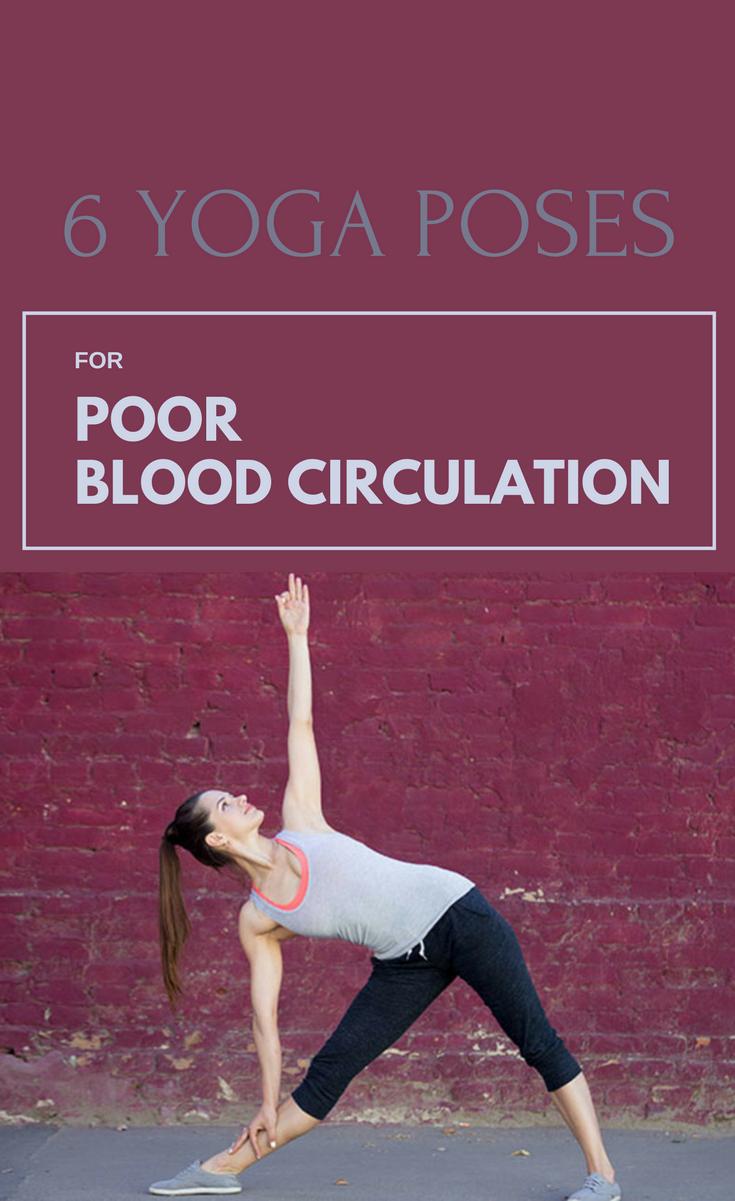
Many people want the basics of yoga, but are unsure where to start. You will see there are many forms and styles of yoga. Yoga's core principles remain the same. You will find that it is a holistic practice that focuses on balance, connection, and self-realization. There are many health benefits. Here are some suggestions to help you start your own journey towards discovering the truth.
The first thing to understand is that yoga is not a meditative position. It isn't about holding your breathe or bending your bodies. To navigate your life with grace and ease, you need to maximize your physical and mental health. What you do in your daily life is a reflection of how you are doing in the present moment, and it has nothing to do with any previous experiences. Yoga is an active way to heal.

Yoga's main goal is to connect conscious and subconscious parts to the greater world. This includes breathing exercises, physical postures, and chanting. In addition to being a practical physiological training, yoga can elevate a man's consciousness to the supra-human realm. So, it is essential to learn what yoga is before embarking on a practice. You should also understand that yoga is not a finished product.
Yoga is great for the heart, as well as strengthening the muscles. According to Johns Hopkins, yoga has a lower risk of heart disease and cardio-vascular disease. This is because yoga lowers stress levels, and the heart rate. Yoga isn't very aerobic so it is accessible to those with heart conditions. You're in the right place if you want to know what yoga is!
Modern physics shows that the body is constantly in constant communication with the universe. Every subatomic particle within your body is in constant communication with all other particles in the world. You will die if you stop these transactions. Yoga can be described as a spiritual path. And it can improve your health. You will find yourself closer to the source by following the teachings the yoga gurus.

Here are some key benefits to yoga. It can help improve flexibility, alertness, and self-esteem. But, it can lead to insomnia or other health issues. According to the American Psychological Association yoga is a "profound lifelong discipline." Yoga has many other benefits, including a reduction in anxiety and depression. It is important to not only learn about yoga, but also determine if it is right for you.
FAQ
How many calories should I eat daily?
This varies from person to person. On average, you need 2000 to 2500 calories per days. You need to determine how many calories you need based on age, gender, height, weight, activity level, and lifestyle.
Is it possible to drink alcohol while training?
Yes. Alcohol has increased energy expenditure, speed up recovery time, and reduced soreness.
Additionally, alcohol can increase insulin sensitivity and make it easier to absorb glucose.
However, alcohol can lead to dehydration that can slow down your metabolism. Also, alcohol can reduce testosterone production, which may lead to lower muscle-building potential.
Women shouldn't consume alcohol before exercising. Women who drink heavily should wait at LEAST 24 hours before they start working out.
Breastfeeding women should stay away from alcohol.
Men should drink only one glass of alcohol per day.
Do I have the obligation to exercise every day or just on occasion?
No! At least 30 minutes moderate-intensity exercise five days per week is a good goal. This could be walking fast enough so you feel slightly out breath or cycling hard enough to sweat.
How many times a week should I exercise?
It all depends on how much time and what kind of exercise you like. You should do moderate-intensity aerobic exercise three to five days per week. Don't go overboard. Consistent exercise is essential to achieving maximum benefit from your workouts.
Which exercises work best for you?
It really depends on the type of fitness goal you have. Some people prefer endurance sports like swimming, cycling, or running. Others prefer lifting weights, or using resistance bands. There are many options for exercise today. Choose an option that suits your lifestyle.
Statistics
- The PRS enabled risk stratification for overall prostate cancer and lethal disease with a four-fold difference between men in the highest and lowest quartiles (HR, 4.32; 95% confidence interval [CI], 3.16-5.89). (pubmed.ncbi.nlm.nih.gov)
- Candidates and applicants must pass all four tests at 70% (minimum level) to graduate from Basic Deputy U.S. Marshal (BDUSM) Training. (usmarshals.gov)
- Get free shipping and 25% off today. (healthline.com)
- By John Thompson Take a whopping 38% off a set of PowerBlock Pros. (menshealth.com)
- Cardmembers earn 5% Back at Amazon.com with a Prime Credit Card. (amazon.com)
External Links
How To
How do I lose weight while working out?
Exercise helps you lose calories by increasing your metabolism and oxygen intake.
Exercise at a moderate intensity to safely lose weight.
To burn fat while exercising, follow these tips:
-
Cardio exercises can include running, walking, swimming or cycling.
-
You can exercise for 30 mins three times per week.
-
Strength training is a great way to lose weight.
-
Avoid doing intense exercises. You can build muscle without having to lose muscle tissue.
-
During exercise, drink plenty of water. Water is essential for flushing out toxins and keeping your body hydrated.
-
After working out, drink low-fat protein shakes. Protein shakes repair muscles and increase energy.
-
So you don’t feel hungry, eat smaller meals throughout your day.
-
Don't skip breakfast! Skipping breakfast can leave you feeling tired and sluggish.
-
Take care of your mental health. Stressful situations can slow metabolism.
-
Keep a positive attitude. Research shows that overweight people gain more weight if they believe they are overweight than those who believe they look good.
-
Get enough sleep. A lack of sleep makes it difficult to lose fat.
-
Active living is key. Keep moving every hour.
-
Maintain a healthy diet. You will feel fuller longer if you eat right.
-
Find ways to relax. Tenseness can cause stress hormones to break down muscle tissue.
A balanced diet provides all the nutrients necessary for growth and development.
Consider eating six small meals daily instead of three big ones. This allows your body time to digest what you've eaten.
Calcium is required to support strong bones. Calcium is found in dairy products like yogurt, fortified milk beverages, orange juices, cereals and bread.
Calcium can be found in leafy green veggies, beans, tofu and nuts as well as seeds, nuts and cheese.
Vitamin D is required by the body to absorb calcium. Vitamin D is found in eggs yolk, fatty fish and fortified foods.
Vitamin E is crucial for skin health. It can be found as a vegetable oil, wheat germ, peanuts or almonds.
Zinc is essential for healthy immunity and wound healing. Zinc can be found in seafood, legumes and meats.
Zinc deficiency can cause fatigue, loss of appetite, depression, and impaired immunity.
Eating too much sugar causes insulin resistance, which increases blood glucose levels. Insulin resistance leads directly to weight gain.
Insulin resistance develops when there are high levels of free radicals in the bloodstream. Free radicals can be molecules with unpaired electrons that cause damage to cell membranes.
The most common sources of free radicals include food additives.
Free radical damage can cause cancer, heart disease and diabetes, as well as arthritis, asthma, and other diseases.
Antioxidants are essential for preventing free radical damage. Antioxidants protect against oxidative damage.
Vitamin C (found on citrus fruits), Beta carotene, found in carrots and sweet potatoes, spinach and broccoli, cantaloupe (found in tomatoes, mangoes and peppers), and Vitamin E (found nuts, olive oil and avocados).
Selenium, manganese (and zinc) are other antioxidant nutrients.
Selenium helps to protect cells against free radicals and oxidative stress. Selenium can be found in Brazil nuts and liver, kidneys, liver, kidneys, shrimp, cod, turkey and lamb as well as chicken.
Copper protects eyes, brain, lungs and red cells. Copper is also found in poultry, meat, and organs.
Manganese, an essential component of bone strength, is crucial. Manganese can also be found in oatmeal, brown rice, spinach and bananas.
Zinc is essential for normal growth, reproduction, wound healing, and average growth. Zn is present in lean cuts of meat and white fish, as well as eggs.